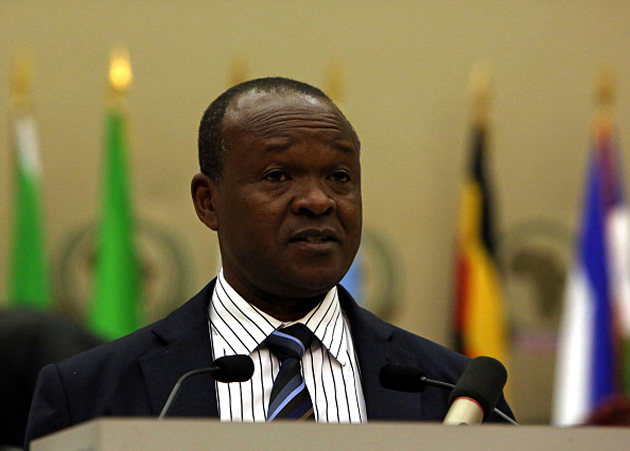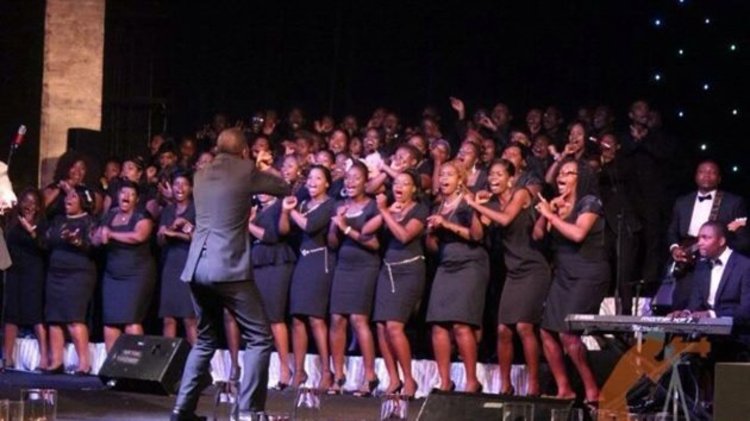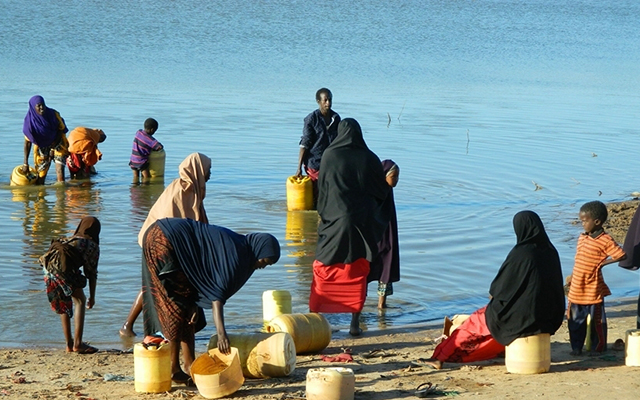EDITORIAL COMMENT : AU must put money where the mouth is

Yesterday, we reported that the deputy chair of the African Union Commission, Dr Erastus Mwencha had announced moves to fund the organisation completely from internal resources, which has been President Mugabe’s constant refrain.
This is an aspiration to wean the continent of dependence that has seen the AU’s operations being 70 percent funded by non-African donors.
It is an untenable situation.
Much worse, it is a veritable curse for a whole continent of 54 resource-rich countries which must surely make good use of their endowments and contribute towards the continental body and its programmes. It cannot be gainsaid that many African countries are poor and famished.
However, it is our view that for all the poverty and related challenges there is still room for states to set aside funds for the continental body. It is, but necessary.
All that is needed is commitment.
The AU has just directed all member states to implement a 0,2 percent levy on eligible imports to finance the body, projecting at least $1,5 billion annually. The new regime is with immediate effect and we are warmed that Kenya, Rwanda, Chad and Ethiopia and the Republic of Congo have already implemented the levy.
All countries must follow suit and the African Union should put mechanisms to ensure that all countries must pay up. African states must treat this issue with the utmost urgency and seriousness it deserves.
It will be noted that the new proposals are not entirely new, or the first attempts towards self-sufficiency. Last year, at the 27th AU Summit in Kigali, Rwanda, AU High Representative for the Peace Fund, Donald Kaberuka, was the one to first propose the 0,2 percent levy on all African eligible imports.
According to the proposal member states’ contributions were grouped in three tiers which would see 60 percent of the budget covered equally by countries with shares of Gross Domestic Product that is four percent above the continent’s total, that is, Algeria, Angola, Egypt, Libya, Nigeria and South Africa; 25 percent equally covered by countries with shares of GDP between one percent and four percent (12 countries) and the third tier consisting of countries with shares lower than one percent (36 countries) to equally contribute to the remaining 15 percent of the budget. This has not been implemented.
Two years ago, the High-Level Panel on Alternative Sources of Funding the African Union was formed.
It is reported that the panel suggested options including: “a) US$2 hospitality levy per stay in a hotel and b) US$10 levy on flight tickets for flights originating from Africa or with destinations in Africa”.
According to the report, if realised, these two options were expected to generate $728 million for the AU by 2017. Additionally, the panel proposed a US$0,005 per SMS levy, which was to raise $1,6 billion if applied by 2017. In 2013, the AU Assembly approved these options.
Further, collection of the taxes (levy on air tickets and the tourism levy) was to be carried out in close collaboration with Member States and it was suggested that flight tickets levy be enforced in partnership with the International Air Transport Association and national transport agencies, while the tourism tax be collected in close collaboration with the ministries in charge of Tourism in Member States.
Accounts were then to be opened in Member States’ Central Banks to receive the resources collected from the two taxes.
It goes without saying that these aspirational targets did not take root. Hence, the continent continues to wallow in this needless and unfortunate situation in which 70 percent of the budget is sponsored by the so-called external partners who are in essence Western countries.
And rather than get better the situation has actually deteriorated.
We learn, according to statistics, that AU’s dependence on partner financing gradually increased from 45 percent of the budget in 2010 to over 70 percent as at 2016.
This has seen the European Commission, for example, increasing funding from 91 million in 2010 to 330 million in 2015, mainly for peace and security programmes.
The United States, World Bank, China and Turkey are cited as other major funders of the AU.
The situation cannot be allowed to obtain for any longer.
It is time that African countries put the money where the mouth is.











Comments